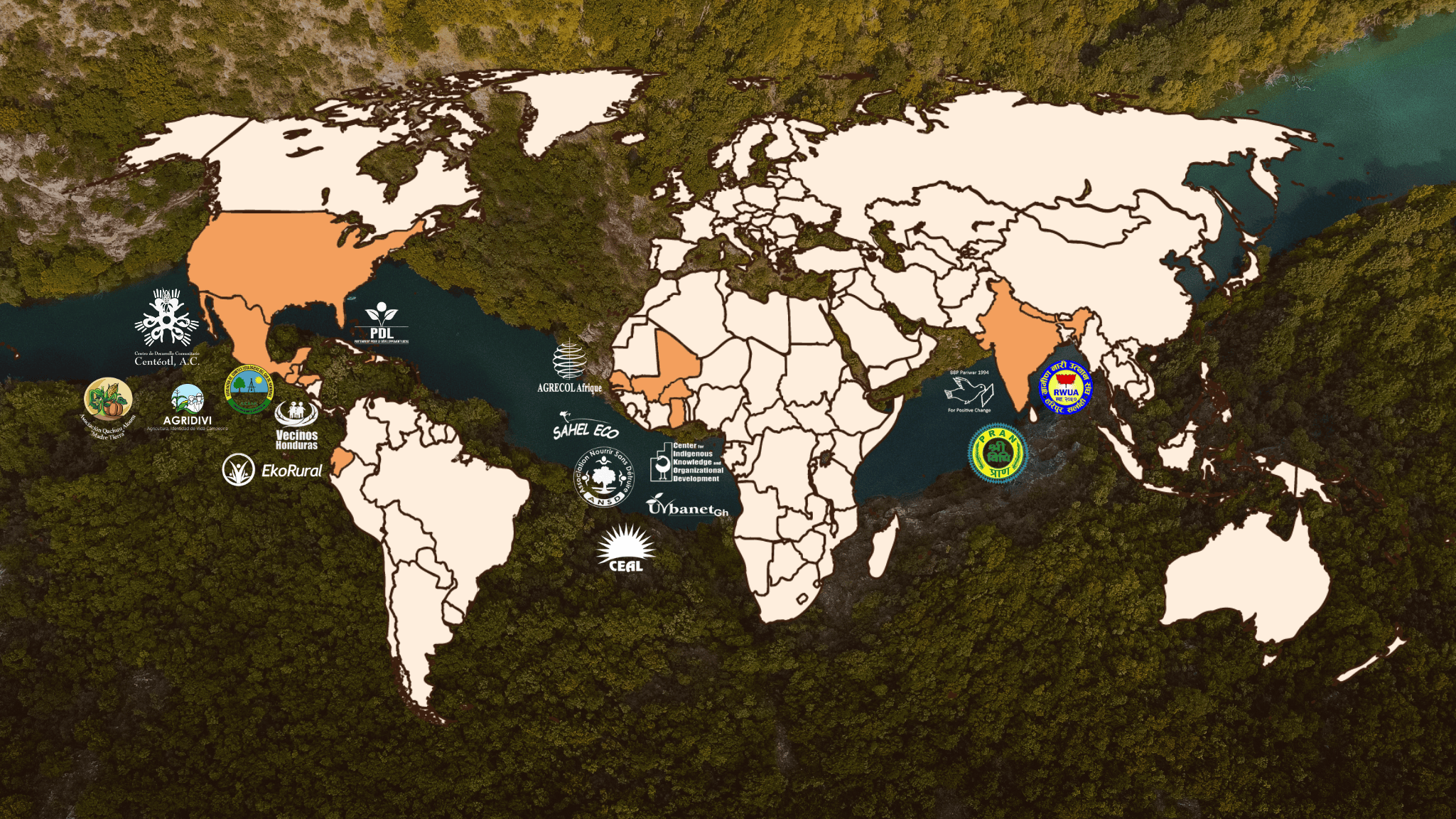
Meet our partners
Member NGOs of our network are the national partners who work directly with communities to advance agroecology in their regions. They strengthen smallholder farmers’ capacities by:
- Supporting participatory needs assessment and program design adapted to the local context.
- Facilitating training, monitoring and evaluation.
- Engaging in action-learning with other Groundswell International staff, members, and allies, to synthesize lessons and improve strategies.
- Building collaboration with national and regional allies for wider systems change.
Scroll down to discover our partners.
West Africa
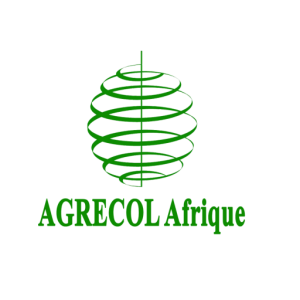
Agrecol Afrique (Senegal)
Agrecol Afrique is committed to promoting agroecological farming practices across Senegal. The organization specializes in increasing organic vegetable production through home gardens, women’s market gardening groups, and connecting organic producers to local markets. Its work spans the regions of Diourbel, Kaffrine, Tambacounda, Thiès, and Ziguinchor, where dedicated local teams lead the implementation and monitoring of programs and projects.
Agrecol Afrique supports women to adopt agroecological innovations on their farms, enhancing their decision-making power, resilience to climate change, and access to essential resources like land, water, and farming inputs. The organization also helps women join savings and credit groups, known locally as calabashes, which strengthen their economic security and provide a collective platform for advocacy. These calabashes are closely tied to Agrecol’s market garden strategy, as many members cultivate shared plots. Additionally, Agrecol Afrique supports young people in launching agroecological micro-enterprises, helping them increase their incomes through individual sales and participation in weekend bio-markets. Finally, Agrecol participates in Groundswell International’s Youth Storyteller Program to elevate the voices of women and youth farmers.
Learn More: https://agrecolafrique.org/
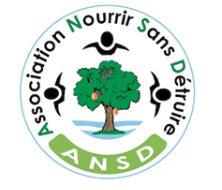
Association Nourrir Sans Détruire (Burkina Faso)
Association Nourrir Sans Détruire (ANSD) strengthens the capacity of local communities, especially women farmers, to lead and manage agroecology programs in Burkina Faso. ANSD also strengthen local markets and incentivize the adoption of agroecological practices. They seek to significantly improve the wellbeing of rural families by spreading regenerative farming strategies, empowering women, and increasing food production, income, and family nutrition. They are a founding member of the Groundswell International West Africa Regional Network, and their former Executive Director, Fatoumata Batta, currently serves as the Groundswell International’s Board Liaison for the region.
ANSD supports a farmer-to-farmer network that has cascaded effective agroecology strategies, helping women farmers to nourish their families, generate income, and organize and grow their voices as community leaders and agroecology influencers. They also have a radio program to provide education on the danger of chemical pesticides while supporting studies on peasant rights, farmer-managed natural resources, and food security and nutrition. Their rainwater management projects help farmers adapt to low and erratic rainfall patterns in the Sahel. Youth and women farmers also participate in Groundswell International’s Youth Storyteller Program, developing leadership and media skills to tell their stories about agroecology.
Learn More: https://ansdbf.org/
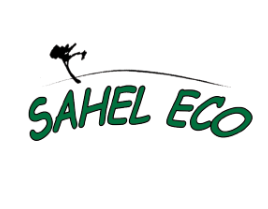
Sahel Eco (Mali)
Sahel Eco was founded in 2004 to work with the people of Mali to improve their standard of living through better environmental management. Sahel Eco works with rural communities in the Mopti and Segou regions and has greatly influenced the policies and practices of both government and peer agencies to promote farmer-managed natural regeneration (FMNR) within a broader regional “re-greening movement.”
Sahel Eco runs various agroecological projects, such as disseminating seedlings to farms to support reforestation and re-greening efforts and holding farmer field schools to encourage farmer-to-farmer knowledge exchanges and skill building. They also support the development of local warrantages (grain reserves) and saving and credit groups, which provide financial resources for community agriculture. In 2023, Sahel Eco began participating in rainwater management projects to help farmers adapt to low and erratic rainfall patterns in the Sahel.
Learn More: www.saheleco.org
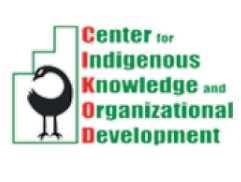
Center for Indigenous Knowledge and Organizational Development (Ghana)
Center for Indigenous Knowledge and Organizational Development (CIKOD), founded in 2003, strengthens traditional authorities and civil society organizations to facilitate sustainable grassroots organizational development supporting the most vulnerable rural families in Ghana. The organization is a leading voice for agroecology and food sovereignty in Ghana.
CIKOD is developing their Pavuu Innovation Center to support the localized markets for agroecological products and innovation. They have also helped document significant evidence to advocate for agroecological transition. Some of the projects that CIKOD conducts include supporting water management strategies, composting projects, and assisting farmers to transition to natural insecticides. CIKOD’s work also has a focus on economic empowerment. In 2021 CIKOD began capacity strengthening of village savings and loans associations to help women farmers mobilize financial and social capital for improved production.
Learn More: https://cikodgh.com

Urbanet (Ghana)
URBANET is a social impact organization committed to the principles of social justice and human rights of the poor and the vulnerable segments of the society in Northern Ghana. URBANET operates in communities suffering from a high degree of poverty, food insecurity, poor diet quality and gender inequality. They focus on addressing the socio-economic vulnerabilities of marginalized groups, including women smallholder farmers, unemployed youth, and persons with disabilities. By empowering these groups, they aim to enhance their social and economic wellbeing.
URBANET’s work is structured around four key thematic areas: Agriculture and Food Security, Women and Youth Empowerment, Environment and Climate Change, Nutrition and Health.
Learn More: https://urbanetgh.org/

The Center for Ecological Agriculture and Livelihoods (Ghana)
CEAL (The Center for Ecological Agriculture and Livelihoods) is a NGO in Northern Ghana dedicated to helping vulnerable communities break the cycle of poverty, disease, and hunger. Founded by smallholder farmers, CEAL now supports 88 farmer-based organizations across three districts, equipping them with eco-friendly farming techniques, climate-smart innovations, and sustainable livelihood strategies. By prioritizing agroecological farming, conservation agriculture, and risk reduction, CEAL strengthens local food systems and improves resilience against climate change, ensuring that smallholder farmers can thrive while protecting their environment. Finally, CEAL ensures that its interventions and activities are aligned with national policies of poverty reduction, food security, sustainable natural resource management and improved livelihoods development.
Learn More: https://www.cealghana.org/
Latin America & The Caribbean
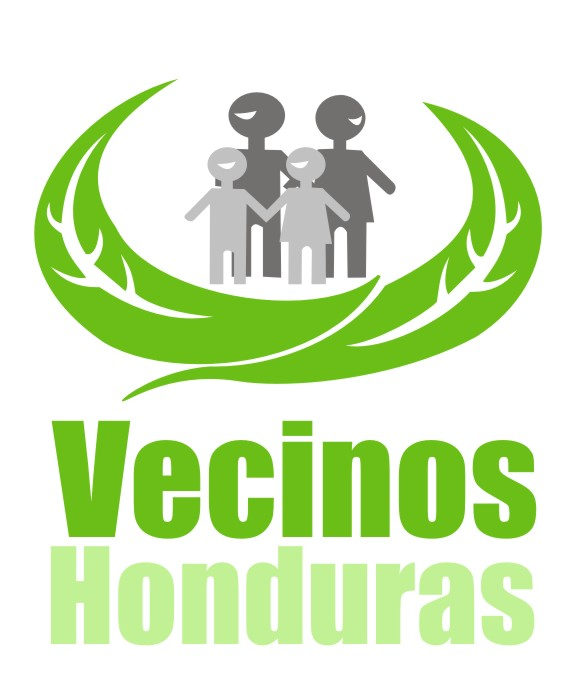
Vecinos Honduras (Honduras)
Vecinos Honduras is based in the capital city of Tegucigalpa, Honduras. For more than ten years, Vecinos Honduras has facilitated holistic, equitable and participatory programs in rural Honduras, promoting the sustainable use of local resources, food sovereignty and community health. Their work promotes the protection of nature and the regeneration of local environments to benefit current and future generations. The 35 communities they serve are primarily in the departments of Valle and Choluteca, having reached 2,429 farmers and 12,145 community members.
Vecinos Honduras manages a variety of agroecological and economic empowerment activities for communities, youth, and women, through the formation of local committees for agriculture investigation (CIALs), farmer field schools, community grain reserves, and involvement in Groundswell International’s Youth Storyteller Program. They also support farmers in developing microenterprises and strengthening linkages to local markets.
Learn More: http://vecinoshonduras.org/
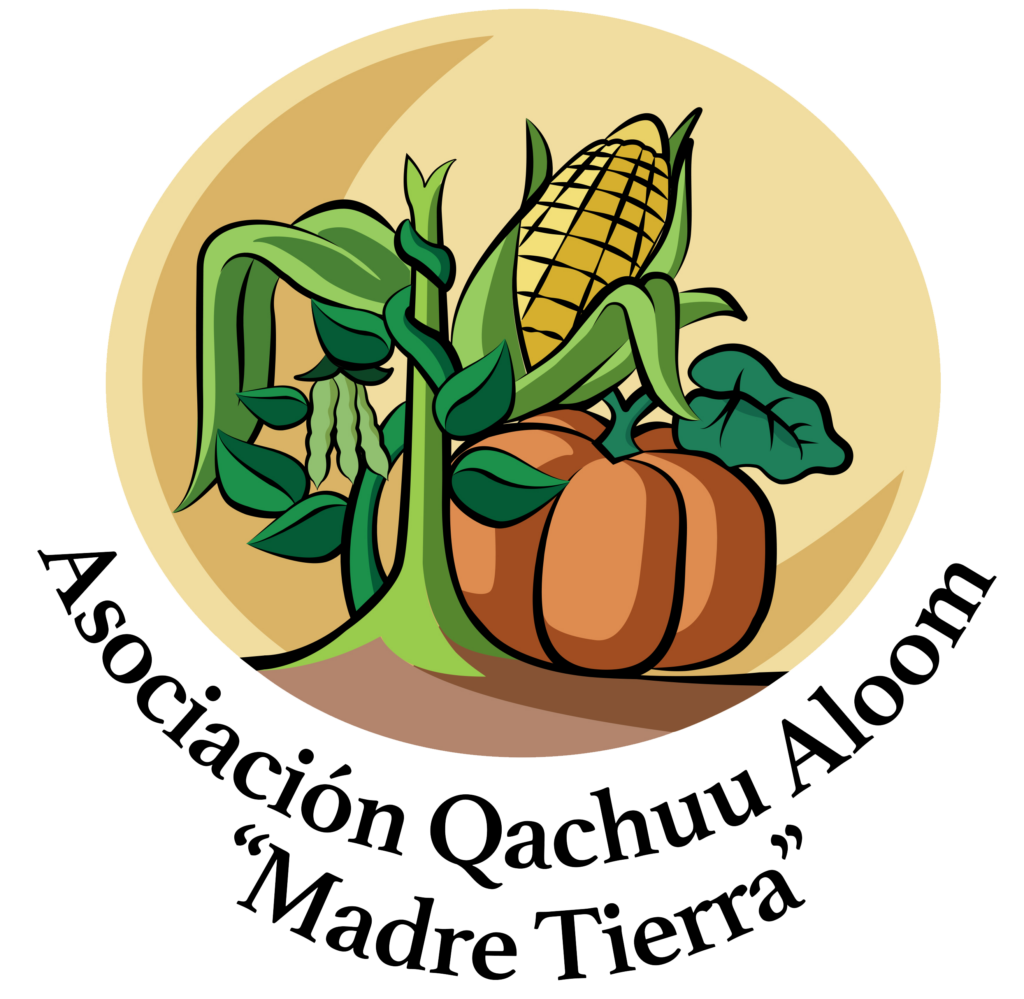
Qachuu Aloom (Guatemala)
Qachuu Aloom supports communities in Guatemala’s Dry Corridor in their efforts to build sustainable futures. They seek to improve food sovereignty and the standard of living for families in the Achí region by promoting gender equity, agroecology, and the conservation of native and creole seeds while respecting Mother Earth. Qachuu Aloom works primarily with the Maya Achí (Achí ) people. The environment of the Achí territory is located within the so-called Dry Corridor, a life zone considered one of the least favorable for human survival. The Achí people have lived for centuries in the Dry Corridor, are incredibly knowledgeable about their environment and continue developing strategies to grow food under harsh conditions. Promoting local biodiversity and gastronomy are important elements for preserving the Maya Achí culture.
Many of Qachuu Aloom’s projects focus on seed conservation. Seeds are their heritage, and an increasingly large number of people now see the protection and reproduction of native seed varieties as an issue of shared and collective interest to farming families and communities. Qachuu Aloom also manages grain reserve projects, helping farmers improve their food security and incomes. The organization supports the development of local markets for amaranth and amaranth-based products to improve local communities’ economic and nutritional wellbeing. Quachuu Aloom also participates in Groundswell International’s Youth Storyteller Program to elevate the voices of women and youth farmers.
Learn More: http://www.qachuualoom.org/
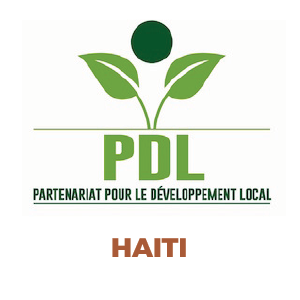
Partenariat Pour le Développement Local (Haiti)
Partenariat pour le Développement Local (PDL) is committed to rebuilding rural Haiti as the foundation for the revitalization of the entire country. PDL has played a central role in creating a network of local leaders and organizations across the north of Haiti’s Central Plateau basin that can implement practical solutions to sustainably improve agricultural production, income generation, food security, health, and natural resources management. PDL is a founding member of Groundswell International, and their Executive Director, Cantave Jean-Baptiste, currently serves as Groundswell’s Board Liaison for the Latin America and the Caribbean (LAC) region.
PDL supports many diverse agroecological projects, such as holding trainings on developing and maintaining model farms for farmer-to-farmer field schools, supporting farmer-owned food enterprises, distributing local seeds and tree seedlings, supporting women in accessing microloans, and participating in Groundswell International’s Youth Storyteller Program to elevate the voices of youth and women farmers. A recent study by Altus Impact and Groundswell International highlighted the significant impact of PDL’s work on decreasing poverty through the adoption of agroecological practices.
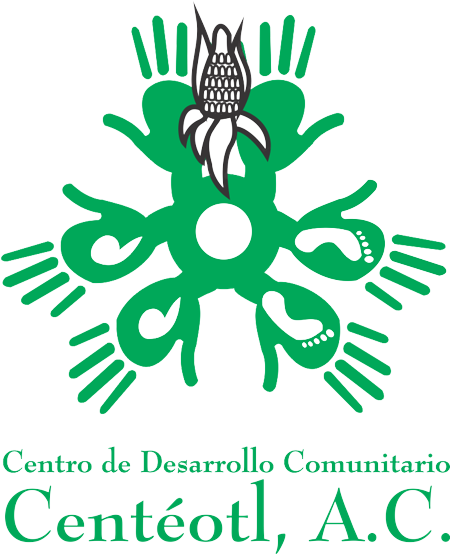
El Centro de Desarrollo Comunitario Centéotl (Mexico)
Centéotl promotes, through participatory work, fair and sustainable socioeconomic processes which conserves the cultural identity for communities in the Valles Centrales and Sierra Sur areas of Oaxaca in Mexico. Centéotl works in various areas of community development, such as promoting sustainable agriculture and livestock, creating savings and credit women’s groups, and protecting cultural identity and Indigenous rights. All of their projects are harmonious with nature and incorporate a gender equity and inclusion lens.
Centéotl is researching the effects of agroecology vs. conventional agriculture on soil fertility in partnership with Groundswell International. They also work with local farmers, prioritizing the involvement of women, to design and cultivate test plots across various contexts to develop rigorous evidence for agroecology’s role in regenerating soil ecosystems, which has been shown to boost on-farm productivity and groundwater retention while reducing erosion, among other benefits. Another critical program is the development of community amaranth grain banks and an amaranth cooperative to promote local markets for healthy food products.
Learn More: https://centeotl.org.mx/web
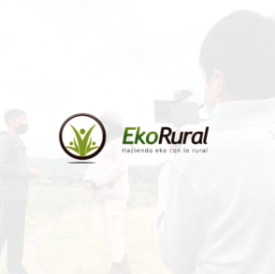
EkoRural (Ecuador)
EkoRural works with high Andean communities in Ecuador to forge sustainable futures. EkoRural strengthens local leadership, community agency and the organizational capacity of women, men, and children. The organization supports locally led models of sustained change that allow people to improve their lives and create stronger communities that produce more food, generate more income, improve their health, and regenerate landscapes.
Ekorural supports various agroecology and gender empowerment activities, such as projects related to improving soil health, increasing local market access for agroecological products, and participation in Groundswell International’s Youth Storyteller Program to elevate the voices of youth and women farmers.
Learn More: https://ekorural.org/
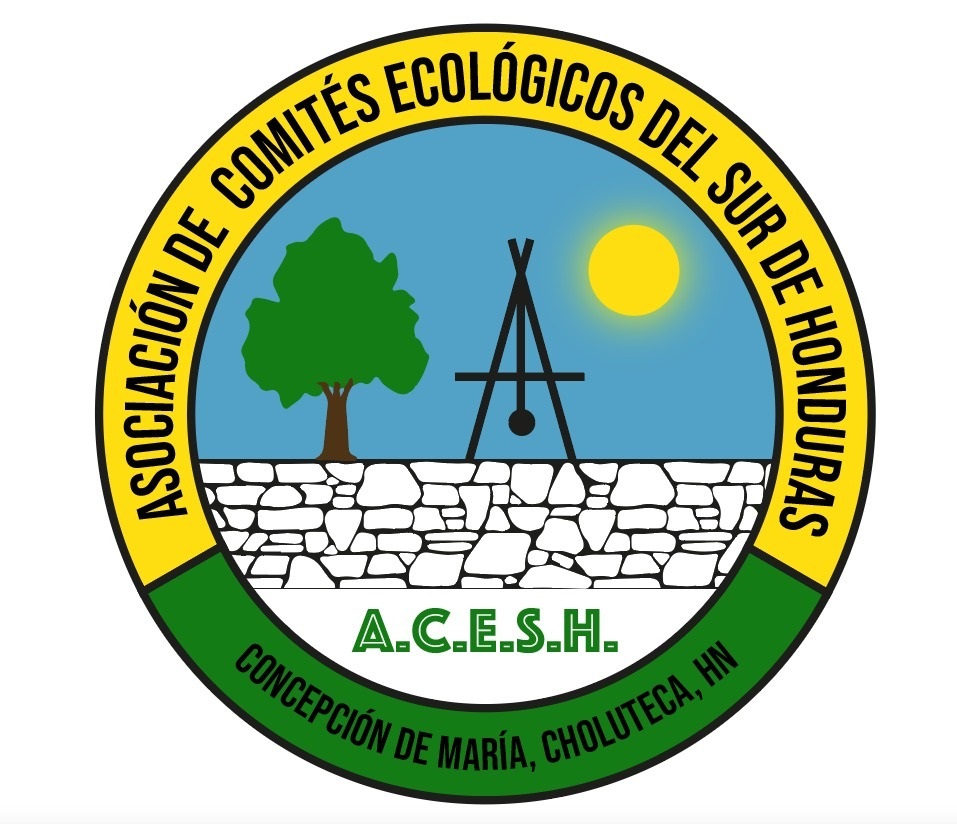
Asociación de Comités Ecológicos del Sur de Honduras (ACESH)
Based in Concepción de María, Choluteca, Honduras, near the Nicaraguan border, the Asociación de Comités Ecológicos del Sur de Honduras (ACESH) supports smallholder farmers to promote agroecological production, as well as the conservation and protection of natural resources as a strategy to mitigate the effects of climate change. They currently support 428 families in 43 villages.
Through several projects, ACESH supports farmers in experimenting with innovative practices to restore soil health and hosting exchange visits to facilitate agroecological scaling to new communities.
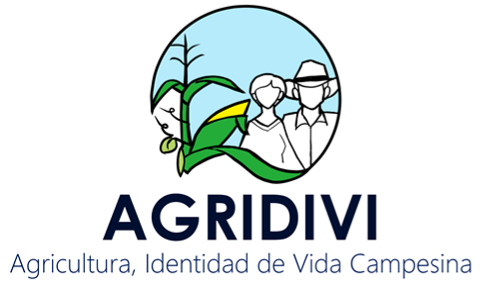
Asociación de Agricultores las Ilusiones del Divisadero (Guatemala)
AGRIDIVI is located in the Indigenous communities of Maya Pocoman within the San Pedro Pinula Municipality and Xincas within the Xalapan Municipality, both in the department of Jalapa in Guatemala. Their primary purpose is to strengthen agroecological production practices with an emphasis on the active participation of women through savings and credit group methodologies. They currently support 670 families in 13 villages.
AGRIDIVI responds to the growing food insecurity, hunger, and climate crises in Guatemala’s Dry Corridor by establishing household and community grain reserves. The organization seeks to reduce immediate food insecurity and helps prevent farmers from succumbing to the debt, poverty, and food insecurity trap.
South Asia

Boudha Bahanupati Project – Pariwar (Nepal)
Boudha Bahanupati Project – Pariwar (BBP-Pariwar) was founded to improve the wellbeing of marginalized populations, especially women from the socially excluded Dalit class who live in the remote mountainous region of Central Nepal. BBP-Pariwar supports women and individuals in Nepal to restore and regenerate their land and their communities through agroecology and the creation of savings and credit groups.
BPP-Pariwar and Groundswell International focus on assisting women’s efforts to gain greater control over productive resources and decision-making in their households and communities, primarily through the formation of saving and credit groups. BBP-Pariwar uses the incorporation of small livestock into farming systems, agroecological training, distribution of native seeds, and model farms to improve agroecological transitions. Their goal is to support the transition to agroecology while improving household nutrition and access to nutritious crops/animal products.
Learn More: https://bbppariwar.org.np/
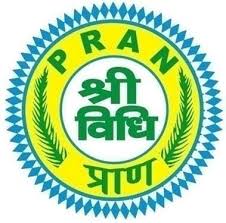
Preservation and Proliferation of Rural Resources and Nature (India)
Preservation and Proliferation of Rural Resources and Nature (PRAN) is a rural development organisation working in India on the socioeconomic development of disenfranchised communities such as Scheduled Castes (SCs), Scheduled Tribes (STs), and women. Their goal is to improve the health, sanitation, and development of children and women by ensuring they integrate a gender lens into all aspects of their work.
PRAN offers educational opportunities for women, supports the capacity building of farmer groups, and the formation of Common Interest Groups of Rural Women (CIGRW). PRAN promotes several essential agroecological farming practices in their work, specifically, the System of Root Intensification (SRI of Natural Farming), Nutritional Agriculture (nutrition gardening), and the development of water harvesting structures. PRAN began collaborating with Groundswell International in 2023 to support women farmers’ transition to agroecology, to increase their savings and credit groups for youth and women, and to increase farm crop diversity.
Learn More: https://ngopran.org/
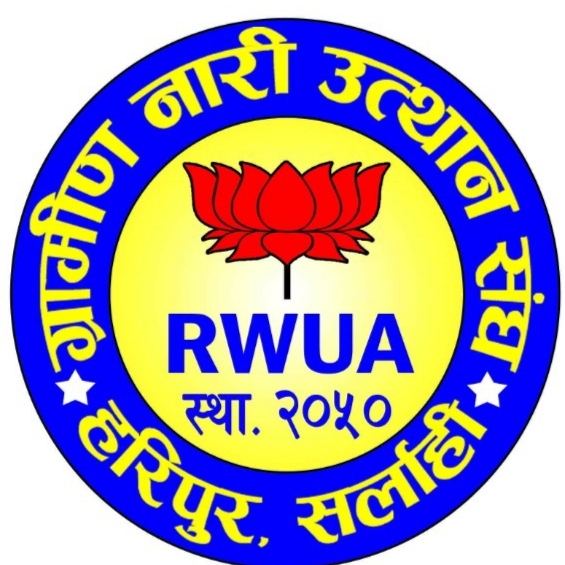
Rural Women Upliftment Association (Nepal)
Rural Women Upliftment Association (RWUA) is focused on the social mobilization of women and men the Southeastern Terai region of Nepal. RWUA’s goal is to create socio-economically inclusive communities directly involving rural women, disabled people, ethnic minorities, and Dalits.
RWUA is an expert in community development and women’s empowerment. The organization also ensures its commitment to gender equality exists internally, as RWUA has a women-led executive committee. RWUA has conducted over 50 projects focused on natural resource management and sustainable farming, poverty alleviation, and other key thematic areas related to empowerment and equality. In collaboration with Groundswell International, they support the formation of women’s savings and credit groups to increase access to agricultural, veterinary, and nutritional training.
Learn More: https://rwua.com.np/
